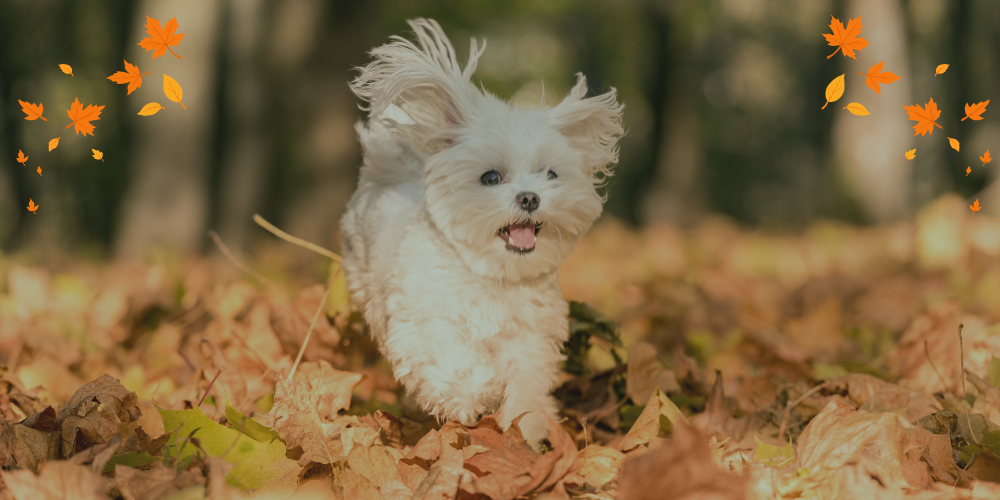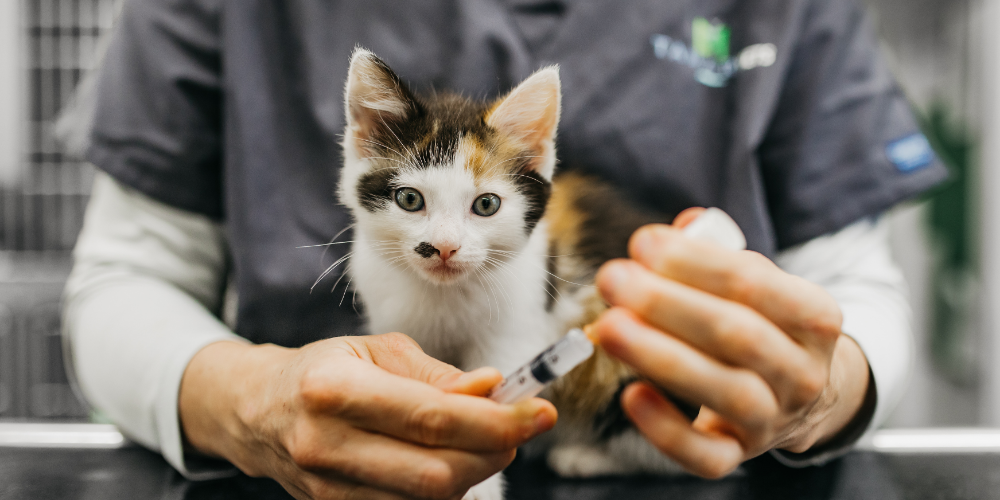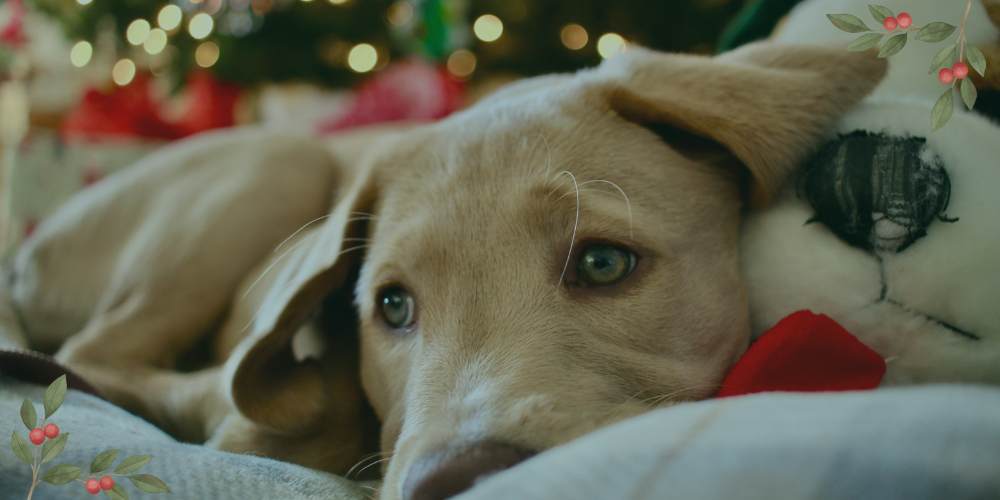Autumn is one of the most beautiful times of year here in Devon and Cornwall. The woodlands turn golden, the coastal paths are quieter, and our countryside becomes the perfect backdrop for long walks with our pets. But alongside the beauty, this season also brings a few hidden risks for dogs, cats, and other animals. Here are some friendly reminders from our team to help keep your pets safe this autumn.
1. Local plants and poisons to avoid
- Conkers and acorns: Common in our local woodlands, both can cause stomach upsets or dangerous blockages if eaten. Keep an eye on curious dogs during autumn walks.
- Mushrooms and fungi: Damp hedgerows, moorland, and shaded spots are home to many wild mushrooms, some of which are toxic to pets. It’s safest to avoid them altogether.
- Antifreeze: As temperatures drop, antifreeze is more widely used. Unfortunately, it tastes sweet to pets but is extremely toxic, particularly to cats. Please store it safely and clean up any spills immediately.
2. Shorter days and darker evenings
With the clocks going back next month, you may find yourself walking your dog on the beach or in the lanes at dusk. Reflective collars, leads, and coats (for both pets and people) are essential for staying visible. For dogs who roam off-lead, a light-up collar can be especially useful.
3. Keeping warm and cosy
The sea air can be chilly at this time of year. Smaller, older or arthritic dogs may appreciate a warm coat outdoors, and all pets should be dried off thoroughly after damp walks to prevent chills and skin problems. Cats often seek warmth under car bonnets and under wheel arches on cooler days, so remember to tap your bonnet before driving.
4. Coastal walk safety
Devon and Cornwall’s stunning beaches and cliff paths are wonderful for autumn strolls, but a little extra care is needed:
- Check tide times: It’s easy to get cut off by a rising tide. Always plan ahead before setting out.
- Seaweed and salt water: Some types of seaweed (especially when decaying) can upset a dog’s stomach if eaten. Drinking sea water can also lead to dehydration and sickness, so always carry fresh water for your dog to drink.
- Cliff paths: Many coastal paths have steep drops and loose ground. Keep dogs on a lead in these areas to prevent accidents.
5. Joint care and autumn allergies
Damp, cold weather can aggravate arthritis in older pets, leaving them stiffer or reluctant to exercise. If you notice changes in mobility, speak to our team about ways to make your pet more comfortable – treatments can include laser therapy, regenerative medicine, or maybe just a change in medication is needed. Autumn mould and leaf litter can also cause skin irritations and allergies in some pets.
6. Upcoming celebrations and seasonal hazards
In the final months of the year, there are some key dates to keep in mind:
- Halloween: Chocolate, sweets, and decorations can be tempting but dangerous for pets, so keep them well out of reach. If your pet gets spooked by trick-or-treaters, we recommend preparing a safe space for them, away from the door, where they can rest undisturbed, too.
- Bonfire Night: Fireworks can be stressful for pets. Create a quiet, secure space indoors, and ask our team about further support if your pet struggles with noise anxiety.
Devon and Cornwall are wonderful places to enjoy autumn with your pets, whether it’s a windswept beach walk, a ramble on the moors, or a cosy evening at home. By staying aware of seasonal risks and taking a few precautions, you can make sure your pets stay safe, happy, and healthy.
If you have any concerns about your pet’s health – or if you’re worried they may have eaten something they shouldn’t – please contact our veterinary team straight away. We’re here to support you and your pets through every season.



